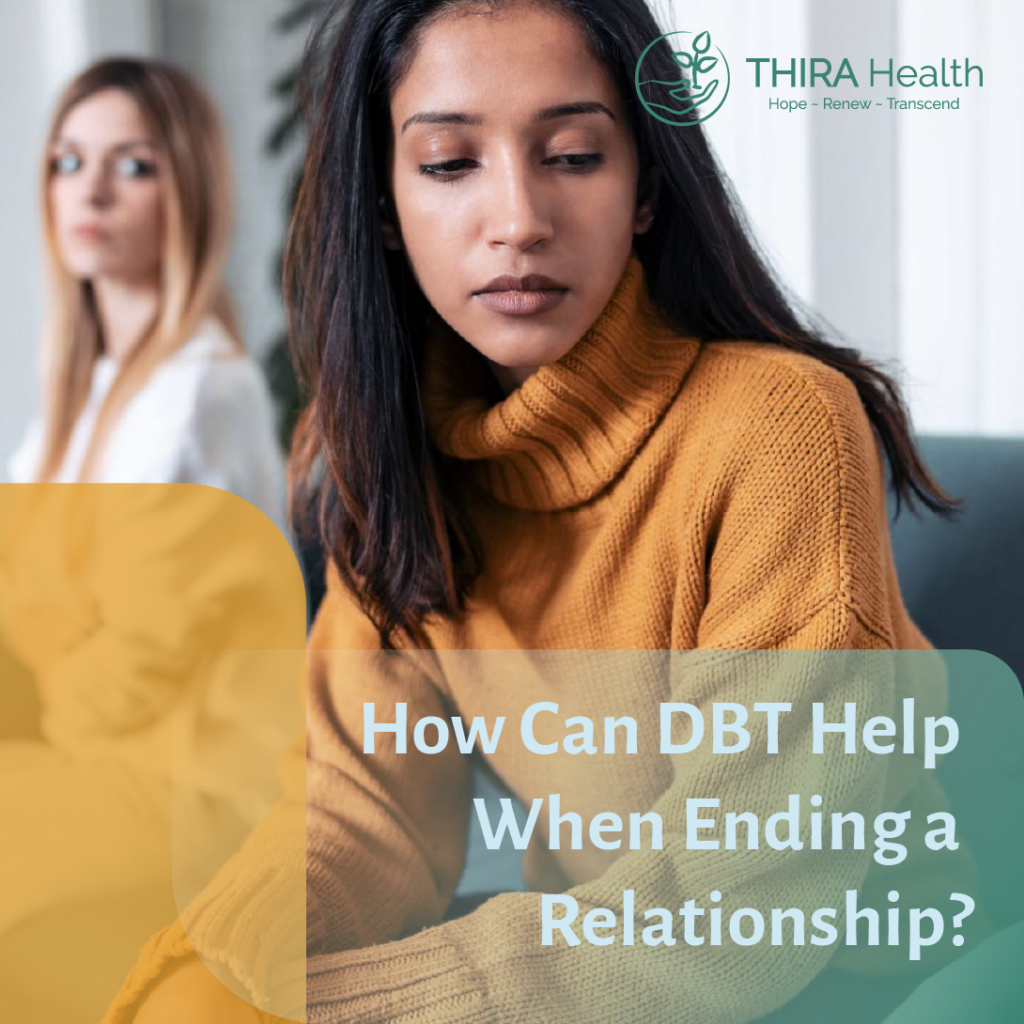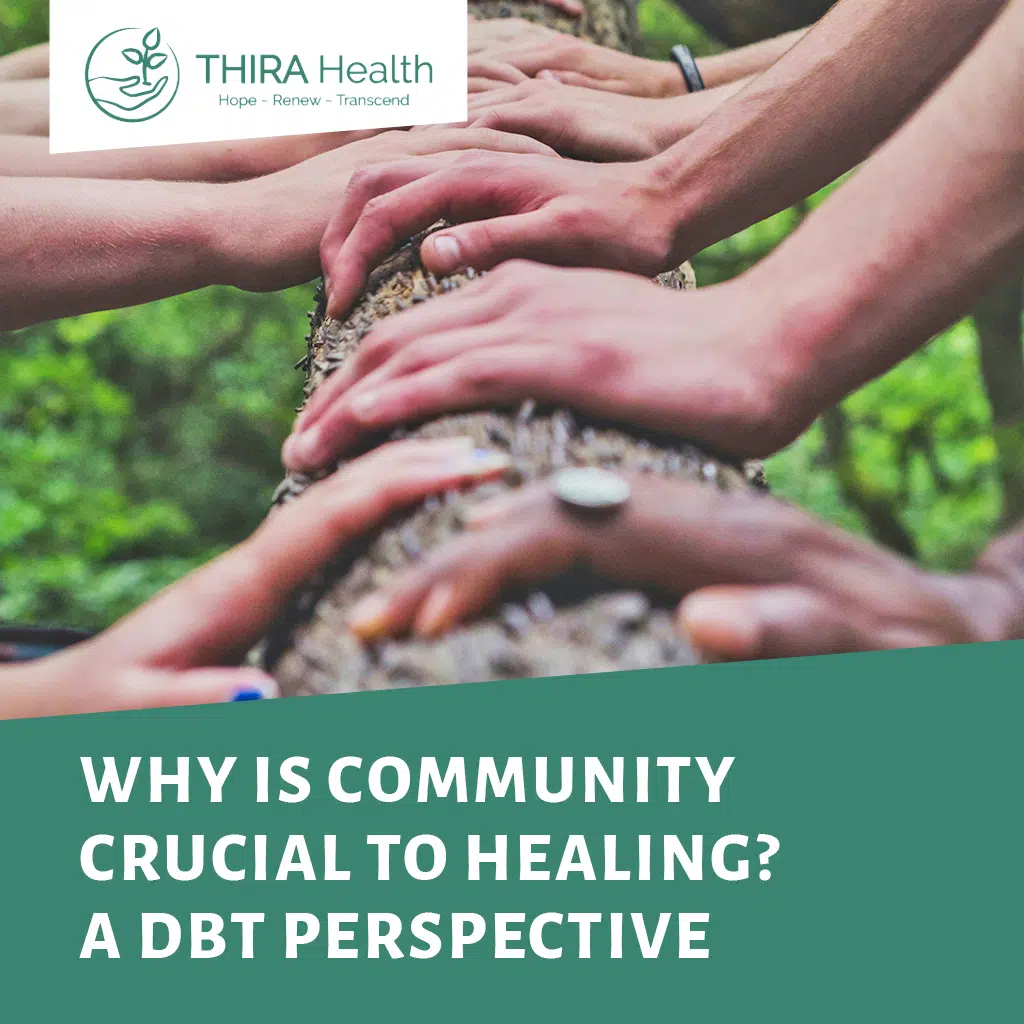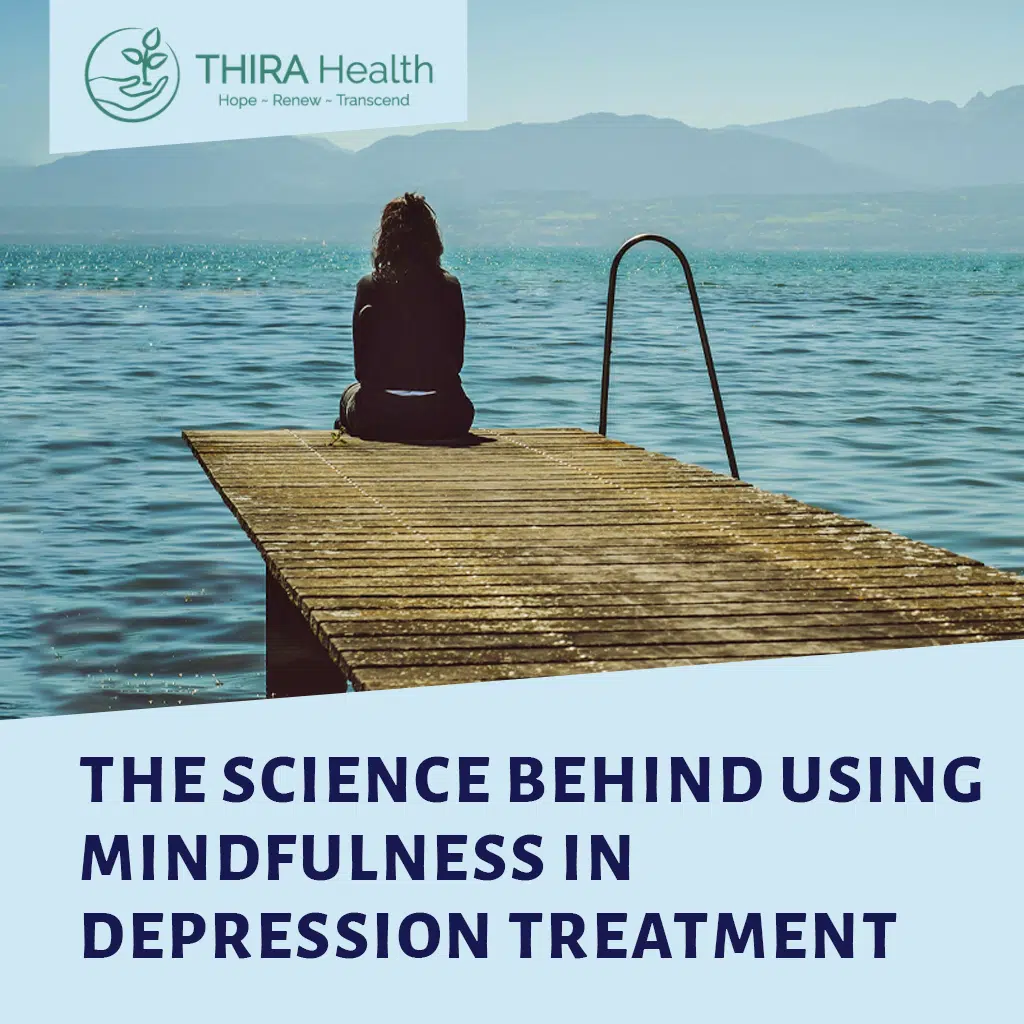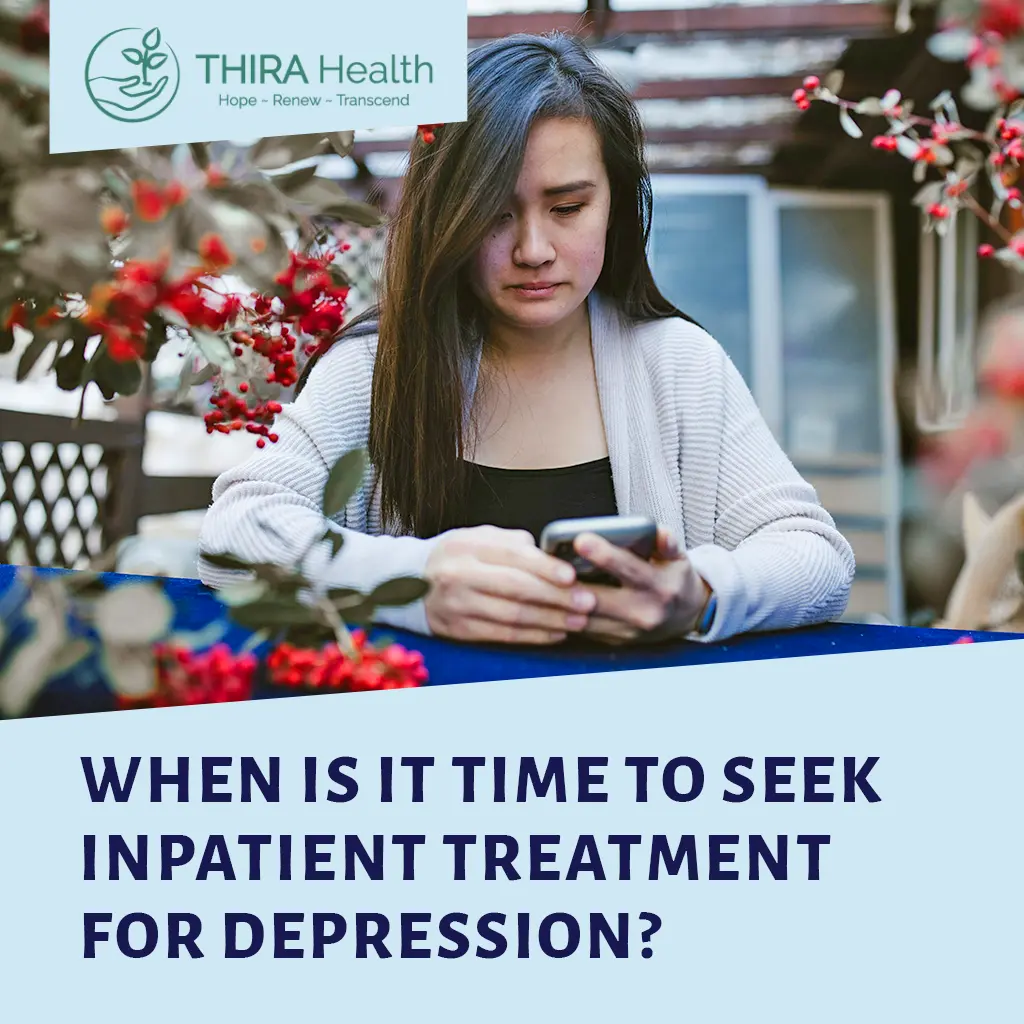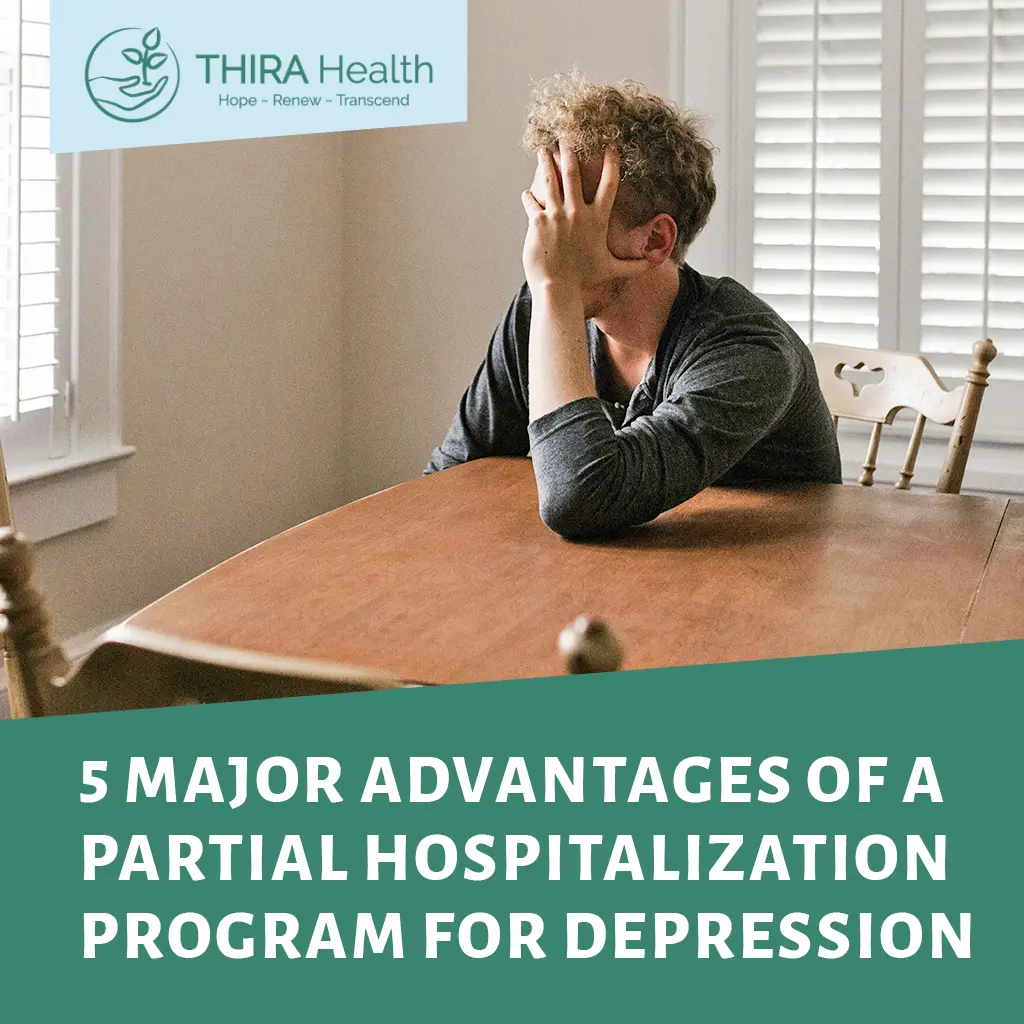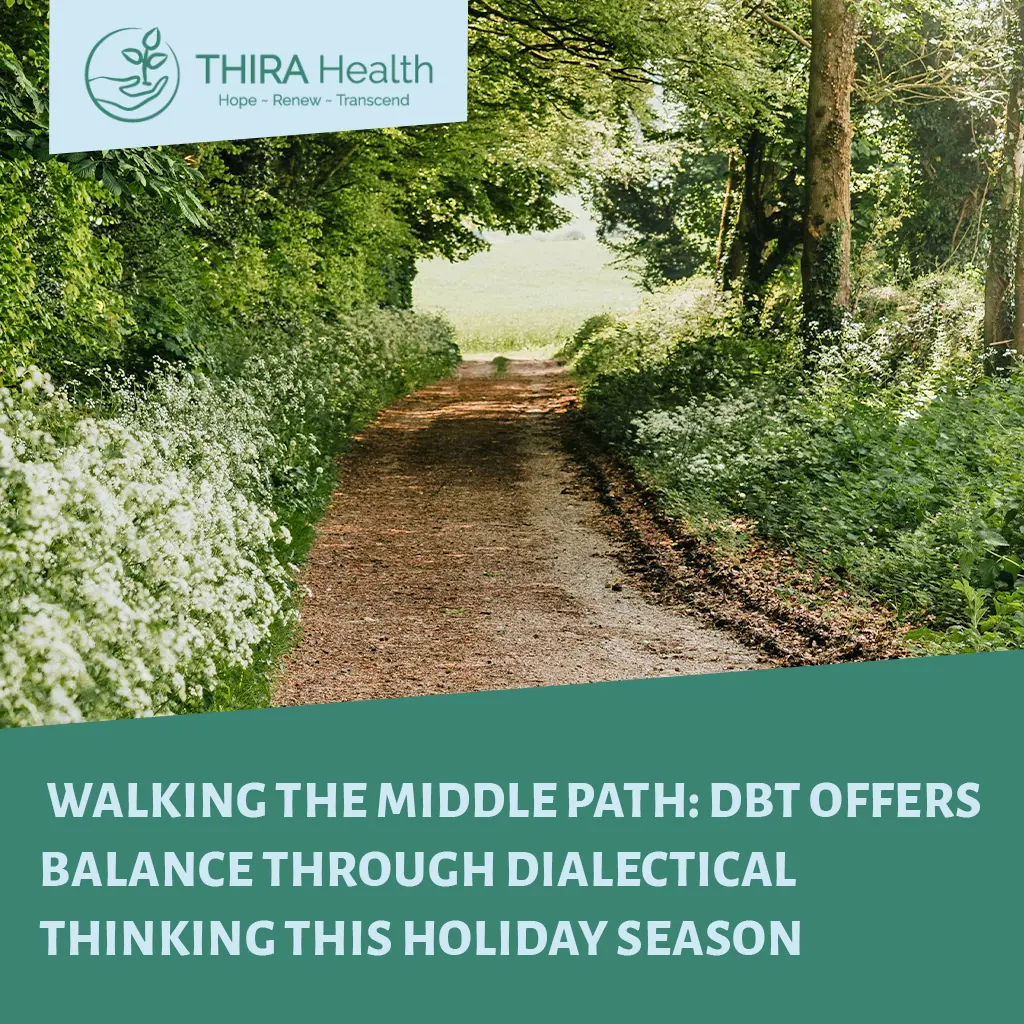When you’ve hit the point where you know you need to end a relationship, it can be an intense time. You may be struggling with a whole host of emotions at once, like worry, anger, sorrow, and even deeper-seated emotions like shame, or fear. The end of a relationship can bring on self-criticism and a loss of your sense of self. You may even have volatile reactions where you say and do things without thinking.
How can dialectical behavior therapy help you with ending a relationship?
Ending a relationship isn’t easy for anyone, and it can be particularly disruptive if you are also dealing with a mood disorder. You may have found yourself in a pattern of forming relationships with difficult dynamics, ones that make your life harder and may even erode your ability to see what healthy interpersonal dynamics look like.
You have hit a point where you know you want change, but you may struggle to trust yourself. It is deeply important to remember that you are a fully capable person, you are someone worth trusting, and you are able to make reasonable choices, including the choice to end a relationship. This is a time where DBT can help.
DBT and relationships: skills to help you cope
Relationships are one of the most involved experiences of anyone’s life. Boundaries, emotions, connection, communication, self-worth, regard for others, and compromise are all complex components of relationships, and especially intricate when it’s time to end that relationship.
The complexities of relationships are not something you, or anyone, can navigate without learning the life skills needed to navigate them. DBT skills are life skills, and when it comes to DBT and relationships, a lot of these skills are focused on the exact complexities that come into play in relationships.
Mindfulness encourages acceptance and non-judgment
When ending a relationship, you may get mentally tangled in memories of the past and worries about the future. When you take the time to use mindfulness, you’ll practice drawing your mind back to the present moment, again and again as needed, you’re more able to see what choices you want to make.
Mindfulness also encourages you to take a step back from your thoughts and emotions, and simply observe them without judgment. When you can develop a little space between yourself and your emotions, space that lets you understand what you’re experiencing, name it, and choose how you want to respond.
When you’re having the conversation that ends your relationship, if you can keep your attention on the current moment, and accept your thoughts and feelings as they arrive, you’re more able to participate with a wise mind.
Interpersonal skills help you with healthy boundaries
When you are ending a relationship, you may find it’s hard to stick to simply stating what you want without overcompensating by agreeing to everything the other person wants, by blowing up, or by refusing to communicate. You may want to blame, or find yourself feeling deep shame.
Only you can know what boundaries are best for you as you end a relationship, but whatever they are, DBT can help you find balance, both in ending your current relationship and in improving the quality of future relationships. In DBT you can practice stating plainly what your boundaries are, and defending them through simple, straightforward action that aligns with your knowledge of your self-worth. You can also practice conversations that are fair, to you and to the other person, where you stick to facts, listen, and make your point of view heard in plain language.
Distress tolerance skills support you in the hardest moments
Ending a relationship can be distressing, both during the breakup, and after when you adjust to what life looks like with your new normal. You’ll grieve your relationship, and having skills to help you make it through those moments of hurt can help you make it through without turning to unhealthy coping mechanisms.
DBT can help you expand your abiilty to tolerate distress through things like distraction, or taking the opposite action to what your impulses tell you to do. You’ll learn self-soothing skills that are healthy and not based on reactions, helping you make it through moments where you’re struggling with kindness and self-compassion.
Emotional regulation helps you keep it in perspective
When you’re emotionally dysregulated, your mind can be drawn to extremes. You can delve into depths of self-hatred, or lash out in ways that only communicate your feelings, not your more measured thoughts and desires.
With emotional regulation skills, you can see several ways DBT and relationships intersect. When you are more able to identify your emotions, you are more able to allow yourself to experience them and move on. You’ll also be able to more readily embrace positive emotions, giving you a fresh perspective on your experiences that de-emphasizes the negative, and lets you approach the evolution of your life with curiosity, interest, and even joy.
THIRA offers mental health treatment in Seattle to help cope with ending a relationship
You are also someone who can learn new skills, including the life skills dialectical behavior therapy, or DBT, has to offer. These life skills can help you end a relationship in a way that aligns with your personal values, and help you learn how you want to navigate life once the relationship is over.
That said, when you’re coping with the end of a relationship, extra support can always help, especially extra support from someone like a therapist, someone who is solely invested in you living your best life possible. THIRA Health offers a variety of intensive mental health treatment programs that are structured to support you through the toughest times in your life, helping you build skills and resilience to guide you forward, to a life worth living.

